Families

As in anything that matters, it is essential to choose wisely when caring for a family member. Our team has received extensive Dementia training (this combined training spans many years.)
- Our team is here to help you choose the correct path for your loved one. You may want to learn about the disease, or you may want to have one on one training, to help you communicate with your family member.
- Trainers can visit you in your home to help families understand Dementia and the many types of the Disease.
- Understand the diagnoses of your family member and the different types of Dementia.
- How each type of Dementia is different and affects your family members differently.
- Whether your family lives at home or in Retirement or Long-Term care, we can visit your home to help with approaches for someone with Dementia.
- Help families learn how to control family members with BEHAVIOURS.
- How to assist families with bathing and daily ADLs.
- Essential ways to help families communicate.
- You will explore evidence-informed, person-centered approaches to dementia care and learn how to apply them to real-life care scenarios.
- Will come to your home to do a free assessment of your loved one.
- Will do Home MOCA (Montreal Cognitive Assessment) (testing at a fee).
Caring for someone with dementia can be a challenging and emotional journey. It requires a great deal of patience, understanding, and compassion. The most important thing to remember is that dementia is a disease that affects the brain and a person’s ability to think, remember, and reason.
As a caregiver, it is essential to provide support and understanding to the person with dementia. This can include providing reassurance, helping them with daily tasks, and promoting independence. It is also essential to find ways to help them stay physically and socially active.
This can include engaging them in activities and conversations, as well as providing opportunities for them to be outdoors. It is also essential to provide emotional support to the person with dementia and their family members, as this can help everyone cope with the many changes that dementia brings. Finally, it is important to advocate for the person with dementia and ensure they receive the best care possible.


